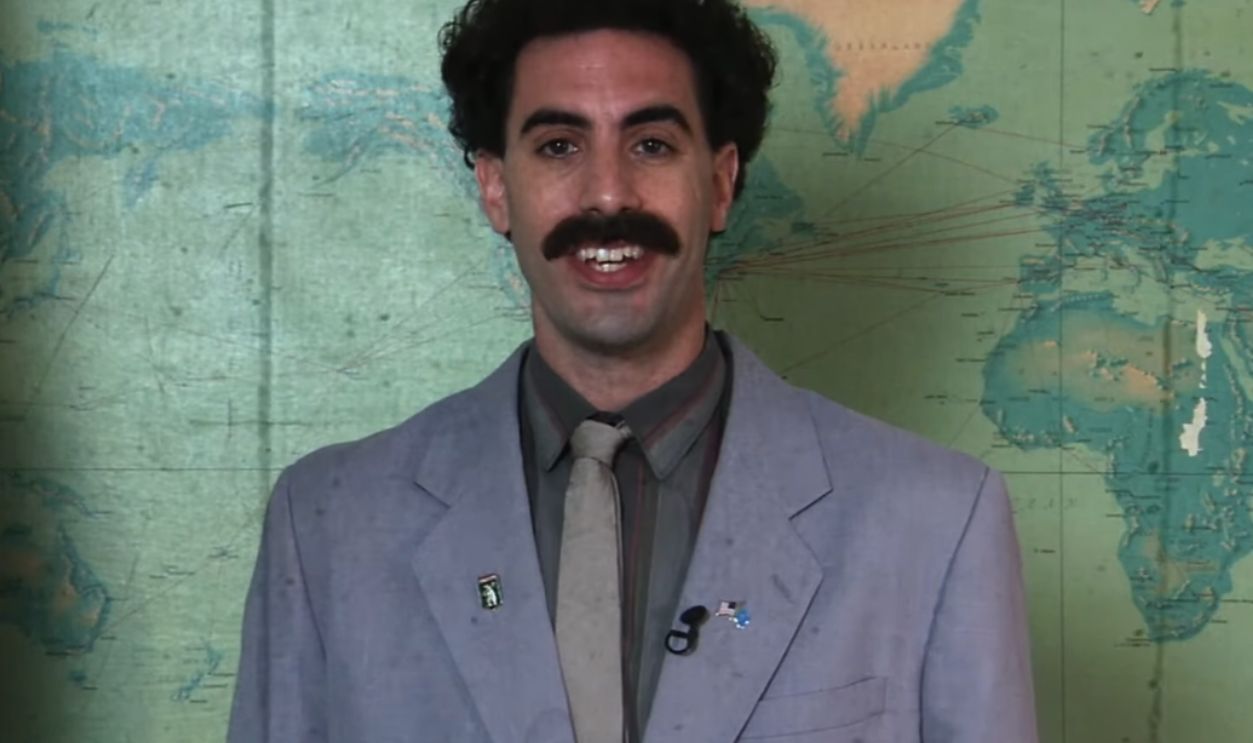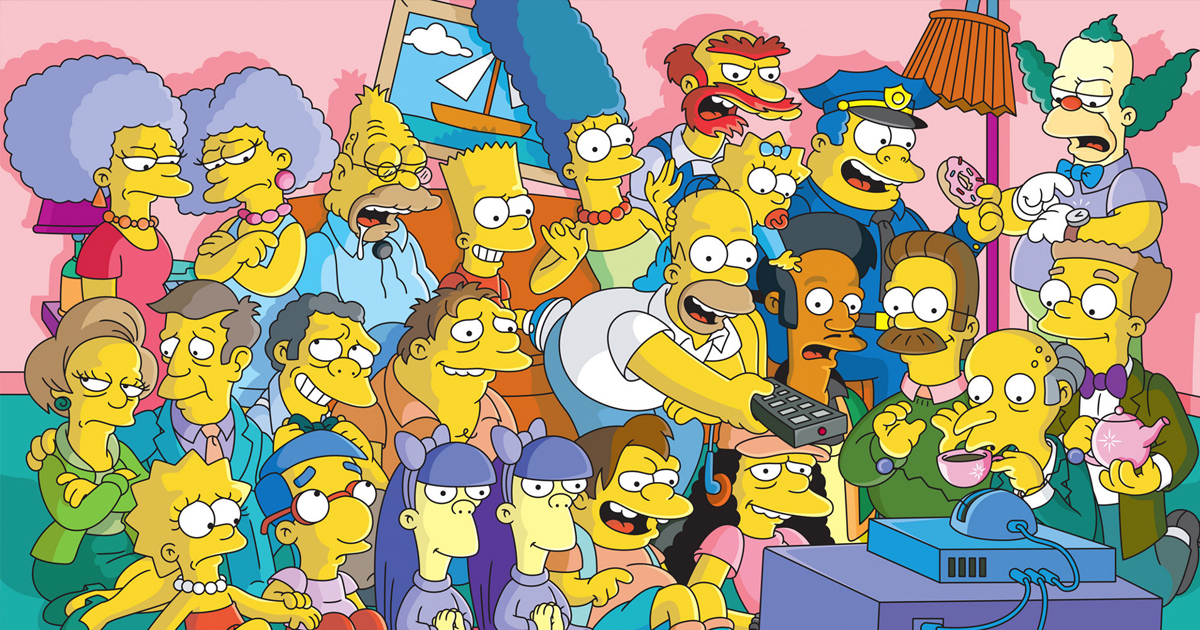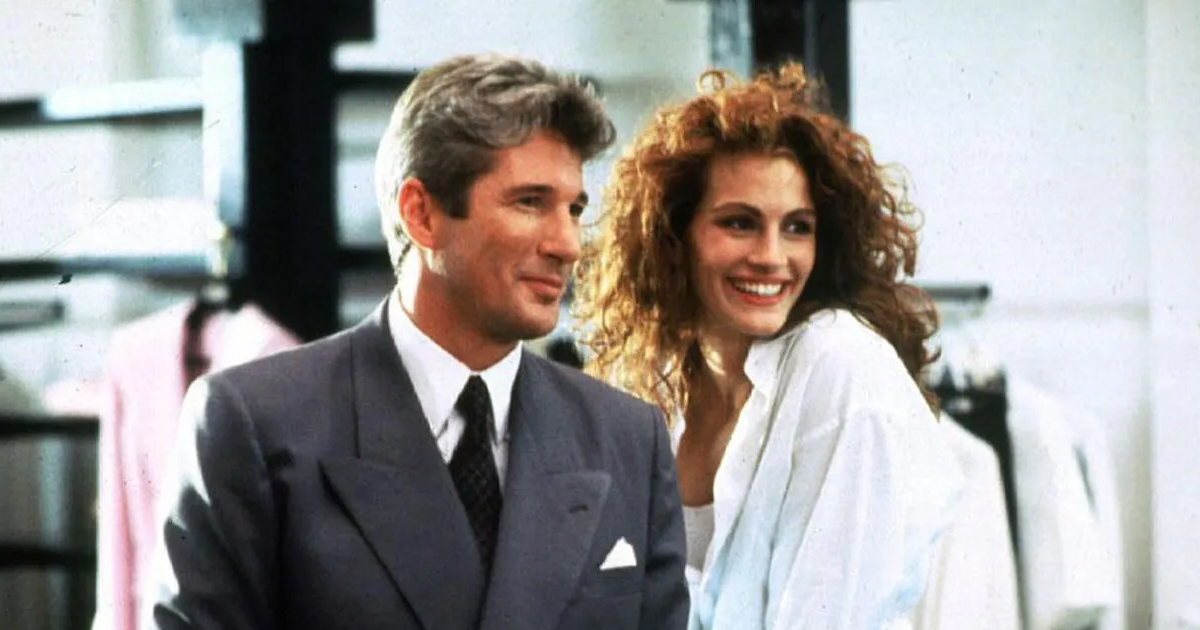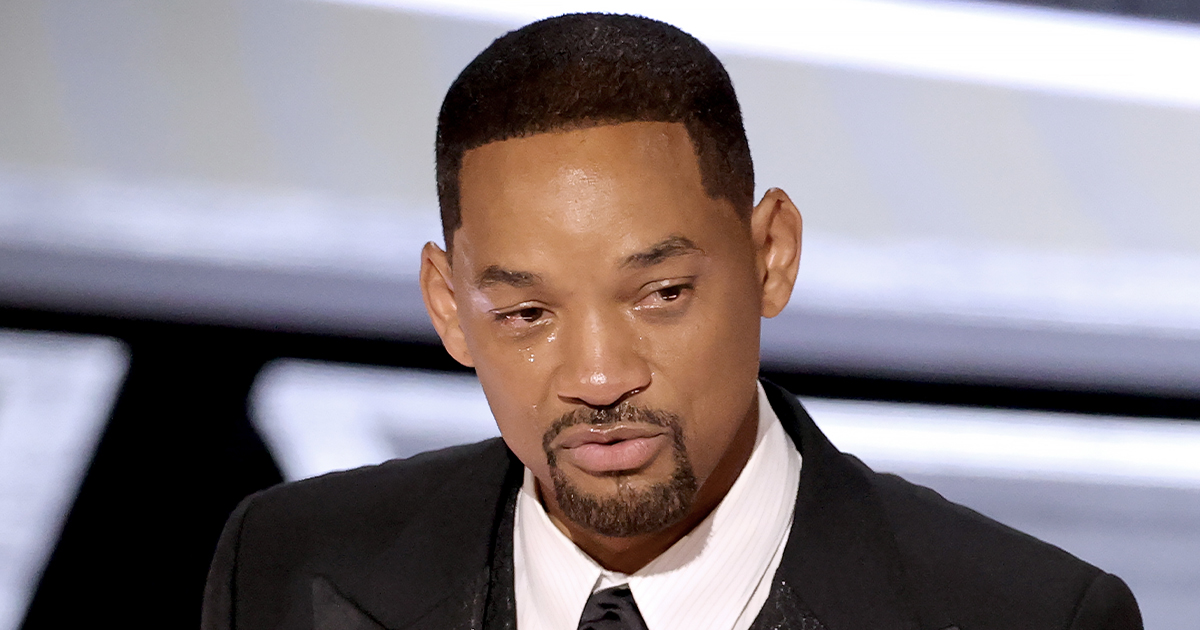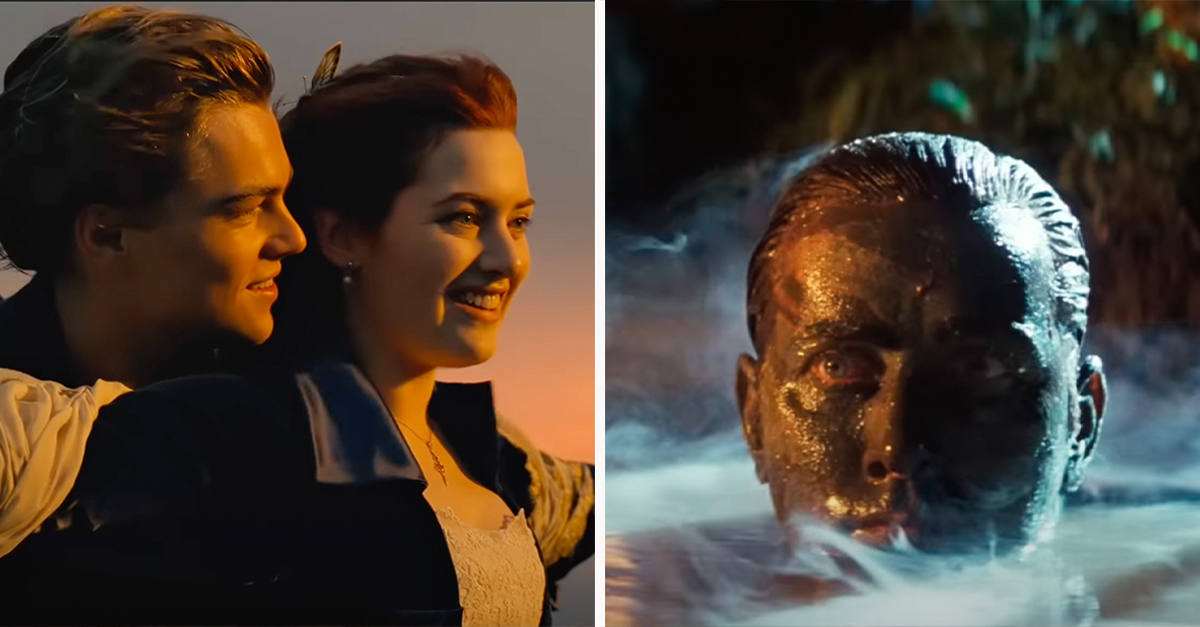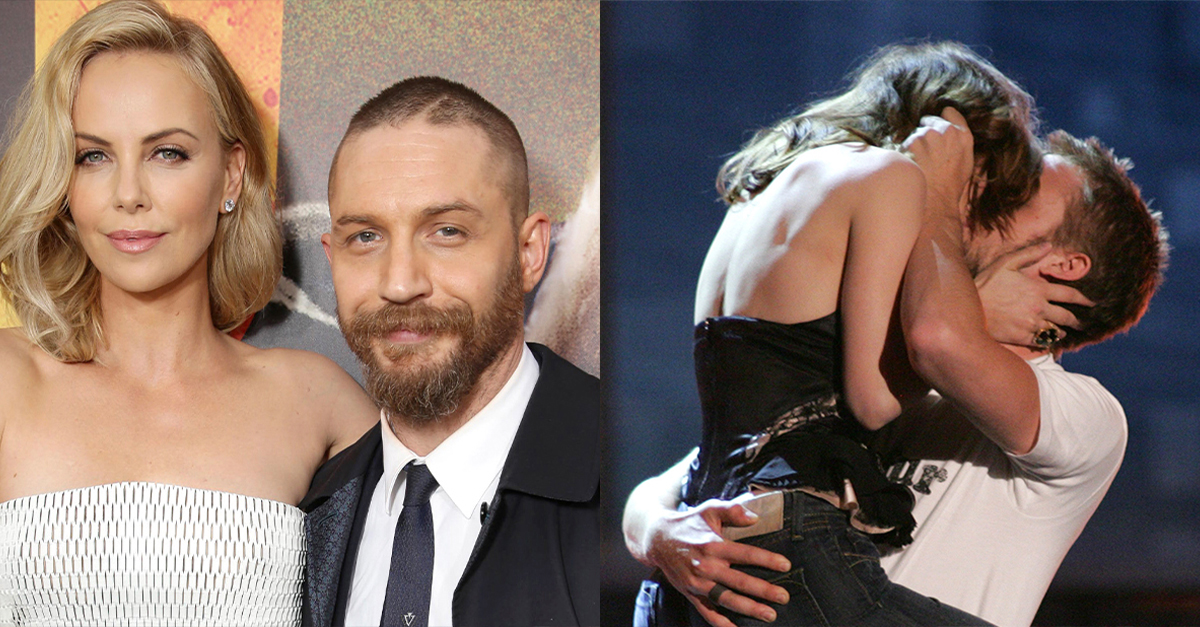Movies That Crossed Lines
Audiences often look back at some films with nostalgia, yet many of those titles would never pass today’s standards. Some of the most talked-about movies in history pushed limits that were once overlooked. As cultural awareness and safety standards evolved, those same creative choices became unacceptable.

A Clockwork Orange
Stanley Kubrick’s 1971 dystopian masterpiece shocked viewers with its stark depiction of youth violence. Modern filmmaking standards demand intimacy coordination and strict consent protocols, meaning some scenes could not be shot in the same way today.
 Warner Bros., A Clockwork Orange (1971)
Warner Bros., A Clockwork Orange (1971)
The Deer Hunter
Few films captured the psychological toll of the Vietnam War as powerfully as Michael Cimino’s 1978 drama. However, its infamous Russian roulette scenes involved risky staging. Today’s strict safety regulations and insurance constraints would prevent filmmakers from recreating those harrowing moments.
 Universal Pictures, The Deer Hunter (1978)
Universal Pictures, The Deer Hunter (1978)
Heaven’s Gate
Famous for its troubled 1980 production, Michael Cimino’s historical epic gained infamy after reports of horse injuries during large-scale battle scenes. Modern animal welfare laws and on-set monitoring would forbid such practices today.
 United Artists, Heavens Gate (1980)
United Artists, Heavens Gate (1980)
The Dictator
Released in 2012, this satire portrayed a fictional Middle Eastern despot using exaggerated stereotypes and irreverent humor. While intended as political comedy, many of its cultural caricatures would face stronger resistance, as audiences and platforms demand greater sensitivity and nuanced storytelling when depicting ethnic and religious communities.
 Paramount Pictures, The Dictator (2012)
Paramount Pictures, The Dictator (2012)
The Blue Lagoon
Audiences in 1980 were drawn to the romantic survival tale set on a tropical island, yet the casting of underage actors in sexualized scenes remains controversial. Modern productions would use adult doubles or digital effects to protect young performers from exploitation.
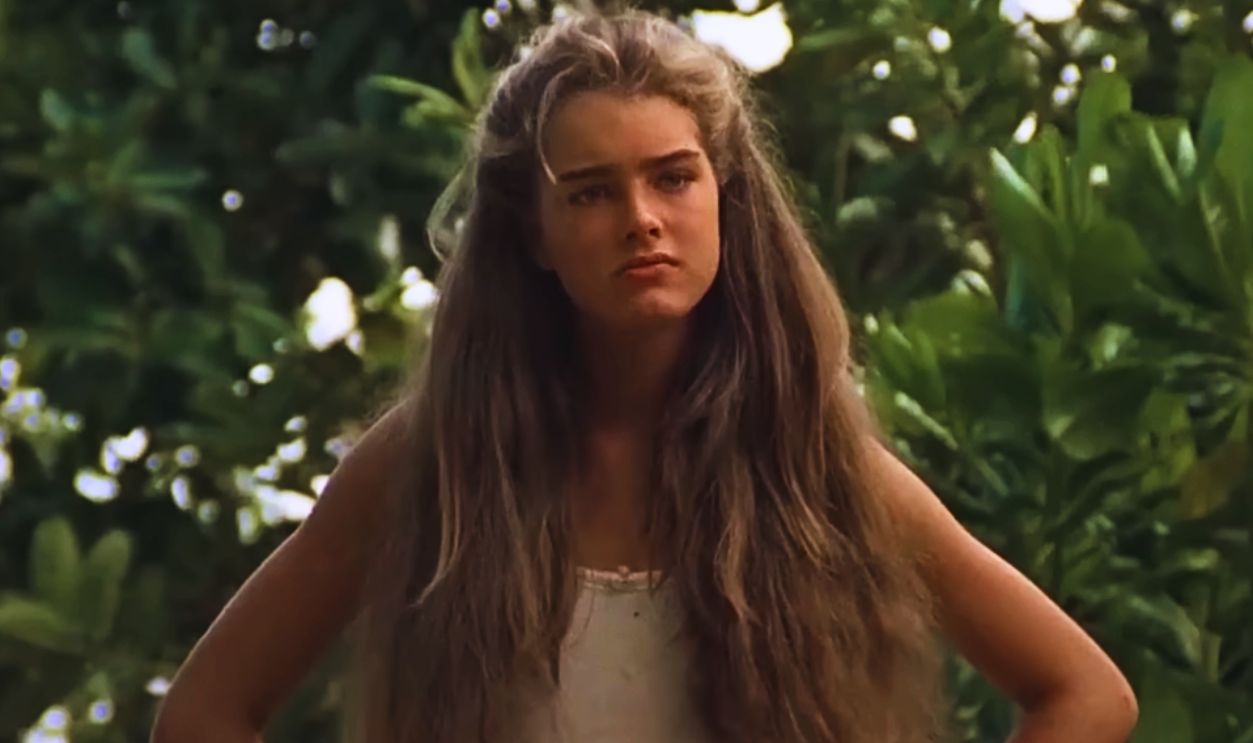 Columbia Pictures, The Blue Lagoon (1980)
Columbia Pictures, The Blue Lagoon (1980)
Pink Flamingos
A 1972 underground cult hit, Pink Flamingos embraced shock for its own sake, featuring provocative scenes including animal mistreatment that caused lasting outrage. Contemporary animal welfare regulations and stricter content guidelines would ban such depictions.
 Fine Line Features, Pink Flamingos (1972)
Fine Line Features, Pink Flamingos (1972)
The Exorcist
William Friedkin’s 1973 horror classic terrified audiences with disturbing supernatural imagery and harrowing depictions of a child in peril. The physically demanding stunts imposed on young actress Linda Blair would not be permitted under current child protection laws.
 Warner Bros., The Exorcist (1973)
Warner Bros., The Exorcist (1973)
The Gods Must Be Crazy
When it was released, this 1980 South African comedy charmed audiences with its story of a Kalahari Bushman encountering modern civilization after finding a discarded soda bottle. However, the film’s simplistic and stereotypical portrayal of Indigenous people would likely face intense criticism for cultural insensitivity.
 20th Century Fox, The Gods Must Be Crazy (1980)
20th Century Fox, The Gods Must Be Crazy (1980)
Song Of The South
Disney’s 1946 live-action and animation hybrid is remembered for its catchy music but criticized for romanticizing plantation-era life and presenting harmful racial stereotypes. The studio has long withheld it from modern distribution, which illustrates how changing cultural awareness shapes what contemporary family audiences accept.
 RKO Radio Pictures, Song of the South (1946)
RKO Radio Pictures, Song of the South (1946)
Soul Man
This 1986 comedy’s entire premise revolved around a white college student darkening his skin to qualify for a scholarship intended for Black students. Today, the film’s use of blackface and insensitive treatment of racial identity would make it unacceptable for mainstream production and distribution.
 New World Pictures, Soul Man (1986)
New World Pictures, Soul Man (1986)
Breakfast At Tiffany’s
Beloved for Audrey Hepburn’s iconic performance, the 1961 romantic comedy is also infamous for Mickey Rooney’s exaggerated portrayal of Mr Yunioshi, a Japanese landlord. The yellowface caricature and offensive accent would not be tolerated in modern mainstream cinema.
 Paramount Pictures, Breakfast at Tiffany’s (1961)
Paramount Pictures, Breakfast at Tiffany’s (1961)
Ben-Hur
The 1959 historical epic is celebrated for its legendary chariot race, filmed with real horses and daring stunt work conducted without today’s oversight. Modern union guidelines, animal welfare regulations, and insurance requirements would prevent recreating such a sequence as originally shot.
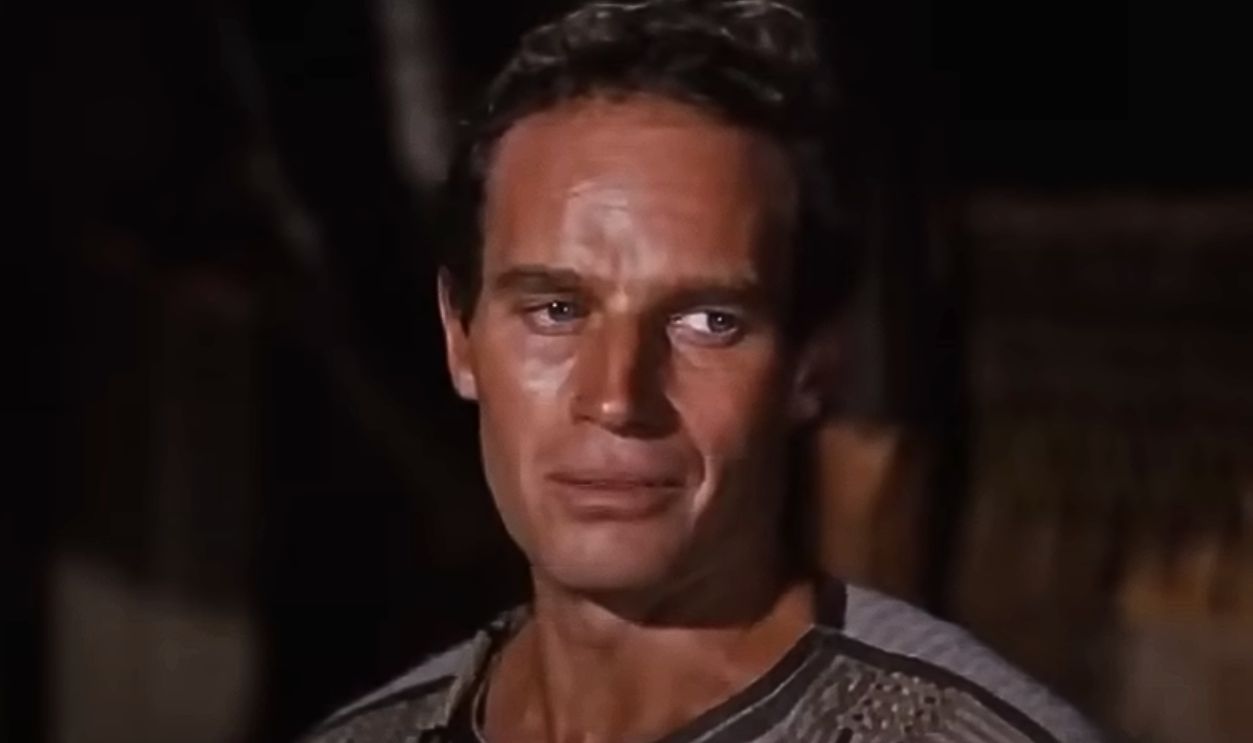 Metro-Goldwyn-Mayer, Ben-Hur (1959)
Metro-Goldwyn-Mayer, Ben-Hur (1959)
Project A
Jackie Chan’s 1983 Hong Kong action classic is admired for its breathtaking physical stunts, particularly the daring clock tower fall performed without modern harnesses. Such feats, while iconic, would be nearly impossible today due to current safety protocols and insurance requirements.
 Golden Harvest, Project A (1983)
Golden Harvest, Project A (1983)
Blank Check
The 1994 family comedy follows a boy who suddenly comes into wealth, but it remains controversial for including a romantic subplot between the young protagonist and an adult FBI agent. Such scenes would not pass contemporary child-protection and content-appropriateness standards.
 Walt Disney Pictures, Blank Check (1994)
Walt Disney Pictures, Blank Check (1994)
The Birth Of A Nation
D W Griffith’s 1915 silent film is infamous for glorifying the Ku Klux Klan and perpetuating myths about the Reconstruction era. Beyond its offensive narrative, the public exhibitions often included live horses and militia pageantry—practices that modern law and safety regulations would firmly prohibit.
 Epoch Producing Co., The Birth of a Nation (1915)
Epoch Producing Co., The Birth of a Nation (1915)
Fitzcarraldo
Directed by Werner Herzog, the 1982 adventure drama achieved legendary status by physically hauling a massive steamboat over a jungle hill without mechanical shortcuts. While this scene symbolized the director’s obsession with realism, present-day productions would use visual effects or controlled rigs.
 Werner Herzog Filmproduktion, Fitzcarraldo (1982)
Werner Herzog Filmproduktion, Fitzcarraldo (1982)
Blazing Saddles
The 1974 Western satire is still celebrated for lampooning discrimination in Hollywood and American culture, but its frequent use of shock humor would pose significant challenges today. A contemporary studio would likely demand context-setting disclaimers or major rewrites.
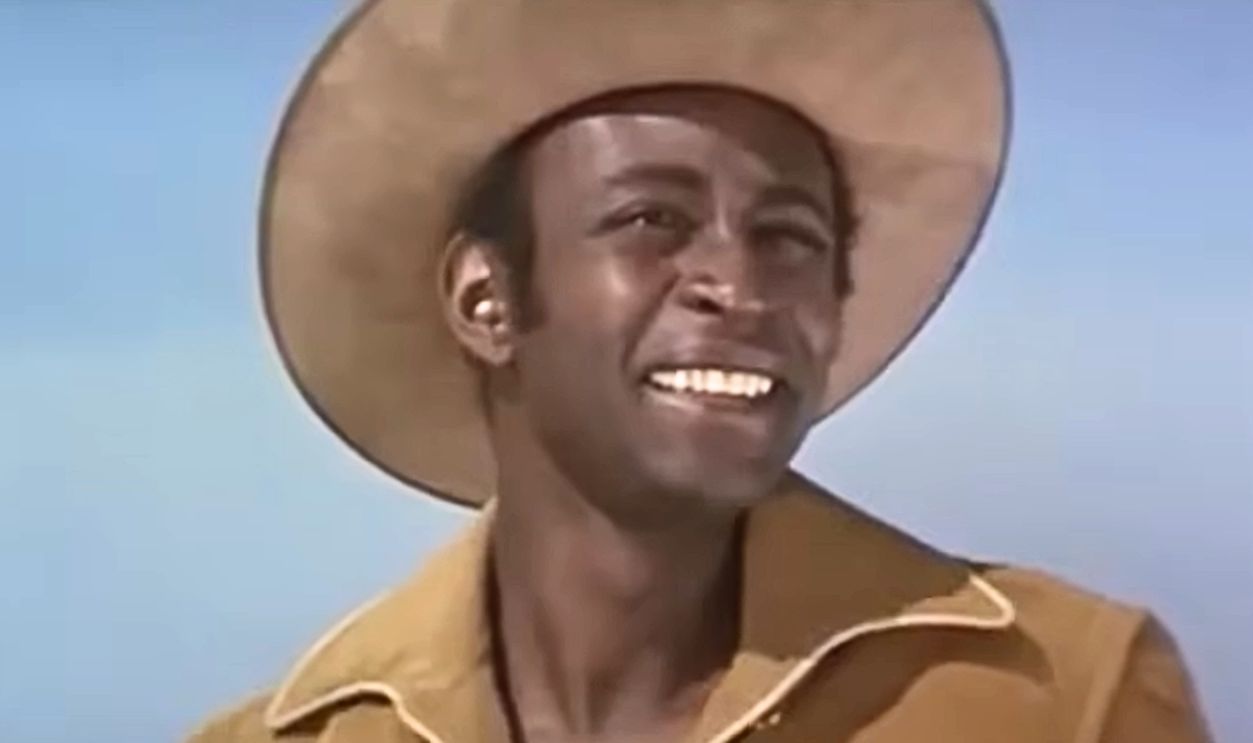 Warner Bros., Blazing Saddles (1974)
Warner Bros., Blazing Saddles (1974)
Ace Ventura: Pet Detective
Although this comedy brought Jim Carrey’s zany humor to mainstream audiences, it’s now often criticized for a central twist that relies on transphobic stereotypes. Modern filmmakers would likely reimagine or remove that storyline to align with respectful and inclusive portrayals of gender identity.
 Warner Bros., Ace Ventura: Pet Detective (1994)
Warner Bros., Ace Ventura: Pet Detective (1994)
Revenge Of The Nerds
Once a box-office hit for its underdog story, this 1984 college comedy is now widely criticized for scenes involving voyeurism and a non-consensual encounter presented as humor. Modern standards around consent and respect for gender identity would make these elements unacceptable for a mainstream release.
 20th Century Fox, Revenge of the Nerds (1984)
20th Century Fox, Revenge of the Nerds (1984)
The Love Guru
Released in 2008, this comedy featuring Mike Myers as a self-styled spiritual guide leaned heavily on exaggerated accents and caricatures of Indian culture. Criticized for reinforcing stereotypes and disrespecting religious traditions, the movie would be difficult to produce today without significant changes to tone.
 Paramount Pictures, The Love Guru (2008)
Paramount Pictures, The Love Guru (2008)
Apocalypse Now
Francis Ford Coppola’s epic Vietnam War drama pushed filmmaking boundaries through grueling jungle shoots, massive explosions, and real animal sacrifices. Current production safety codes and humane animal treatment laws would prohibit many of these methods.
 United Artists, Apocalypse Now (1979)
United Artists, Apocalypse Now (1979)
Borat: Cultural Learnings Of America For Make Benefit Glorious Nation Of Kazakhstan
The 2006 mockumentary became a global phenomenon for its bold social satire, but its humor often relied on offensive stereotypes of Eastern Europeans, women, and minority groups. Modern releases would face stricter consent guidelines and heightened pushback from advocacy organizations.
Tropic Thunder
Praised for skewering actors’ egos, this 2008 production generated controversy for its use of blackface in a meta-commentary on method acting and for jokes about disability. Today’s mainstream distributors would almost certainly insist on script revisions or disclaimers.
 Paramount Pictures, Tropic Thunder (2008)
Paramount Pictures, Tropic Thunder (2008)
White Chicks
This buddy comedy, featuring two Black FBI agents disguising themselves as wealthy white women, relies on racial and gender stereotypes for laughs that would face criticism today. While still referenced in pop culture, a similar concept would spark criticism today for perpetuating caricatures and would likely need a more sensitive approach.
 Columbia Pictures, White Chicks (2004)
Columbia Pictures, White Chicks (2004)
Airplane!
This 1980 disaster spoof remains a comedy classic for its absurd humor, yet many of its gags rely on stereotypes about race and mental health that would spark backlash today. Although still beloved by fans of parody, a modern studio remake would face demands for more sensitive and updated jokes.
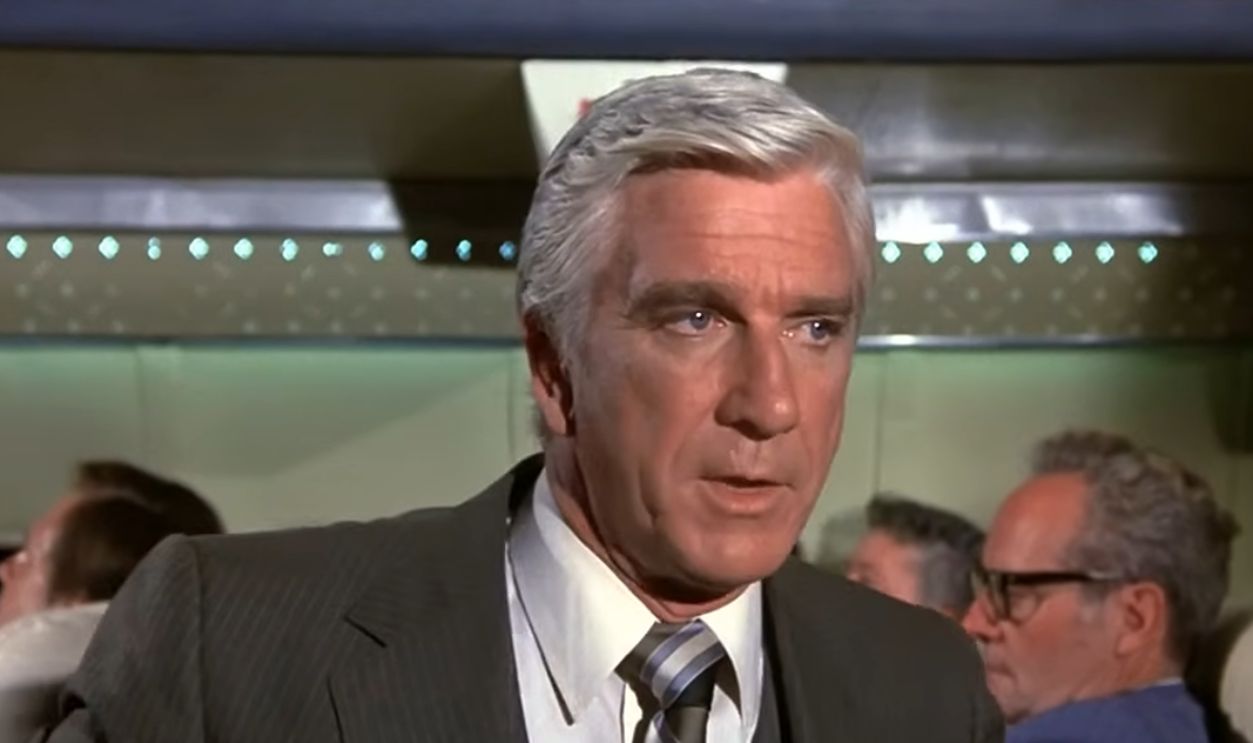 Paramount Pictures, Airplane! (1980)
Paramount Pictures, Airplane! (1980)


